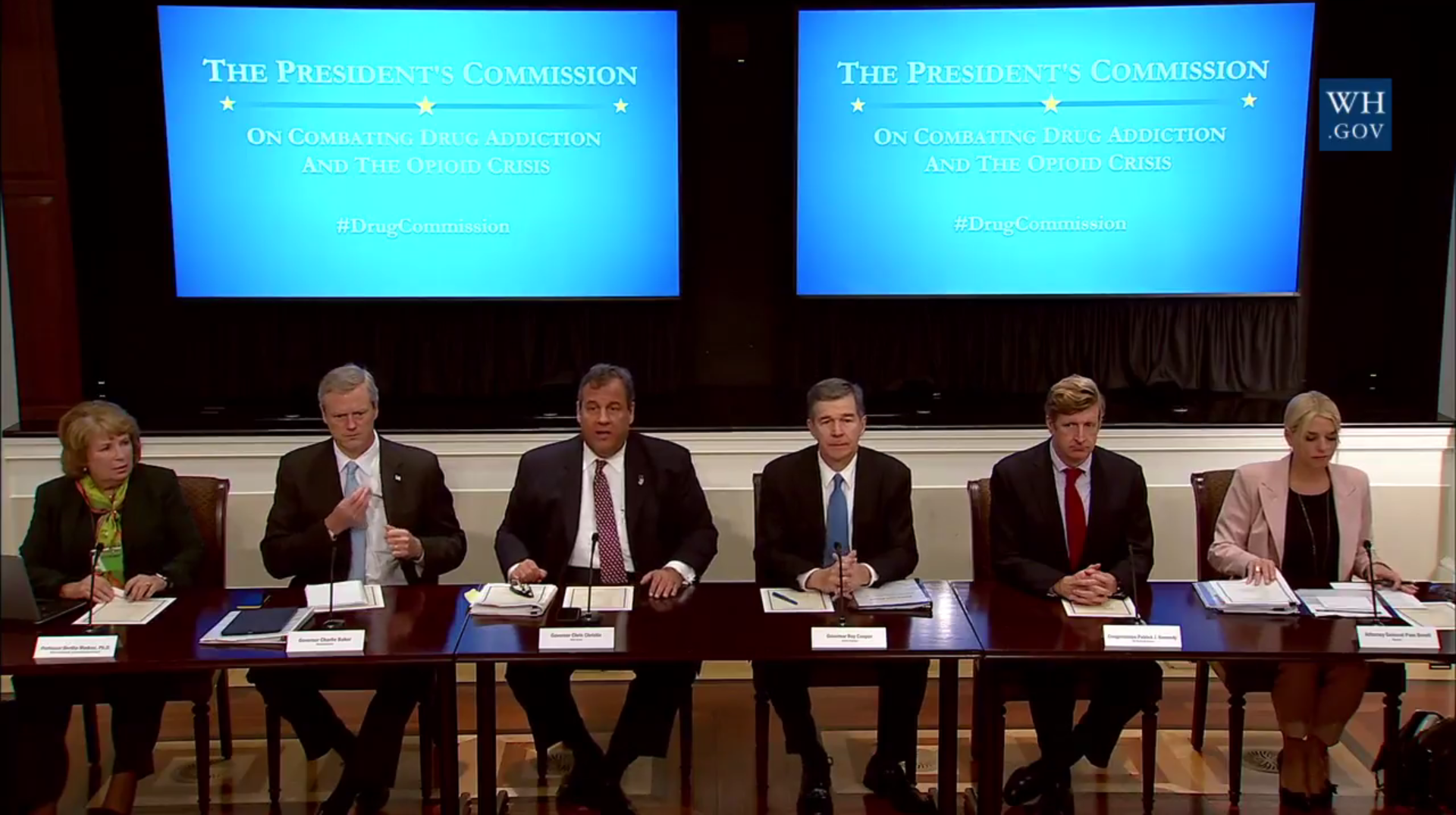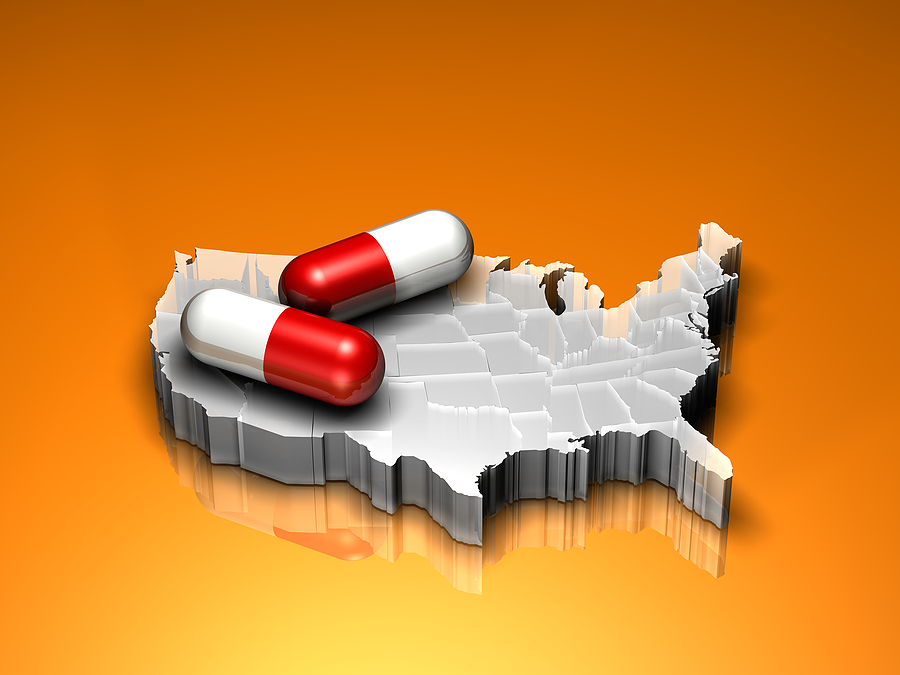Opioid Commission Member Calls Panel a ‘Charade’
/By Pat Anson, Editor
The Trump Administration and Congress have so neglected the country’s opioid crisis that they have turned the work of the president's opioid commission into a "charade" and a "sham," according to one panel member.
In a wide ranging interview with CNN, former Democratic Rep. Patrick Kennedy lamented a lack of focus and funding the opioid crisis has received since President Trump declared the overdose and addiction epidemic a national public health emergency last October.
"This and the administration's other efforts to address the epidemic are tantamount to reshuffling chairs on the Titanic," said Kennedy.
"The emergency declaration has accomplished little because there's no funding behind it. You can't expect to stem the tide of a public health crisis that is claiming over 64,000 lives per year without putting your money where your mouth is."
PATRICK KENNEDY
Without funding and resources, Kennedy said he believes the opioid commission's work had become a charade.
"I do. I honestly do. It means nothing if it has no funding to push it forward.... this thing's a charade,”” he told CNN. "I have to be true to the way I feel. This is essentially a sham."
President Trump appointed the bipartisan panel in March to give him a list of recommendations to combat drug addiction and the overdose crisis.
COMMISSION on combating drug abuse and the opioid crisis
After a series of public hearings, the commission released its final report in November, an ambitious list of over four dozen recommendations aimed at treating addiction, preventing overdoses, and further restrictions on opioid prescribing.
But since the report’s release, little money has been set aside by Congress or the administration to implement the panel’s recommendations, except to increase border security and detect illegal drugs.
Last week President Trump proposed cutting the budget of the White House Office of National Drug Control Policy – which oversaw the opioid commission’s work -- by 95 percent. After a year in office, the president has yet to appoint a permanent director for the office, which currently has a 24-year old deputy chief of staff fresh out of college with no prior experience in management or drug control policy.
"Everyone is willing to tolerate the intolerable -- and not do anything about it," said Kennedy, who is recovering from alcohol and opioid addiction, and is a prominent mental health advocate.
“I'm as cynical as I've ever been about this stuff,” he said. “We've got a human addiction tsunami, and we need all hands on deck."
Bertha Madras, another member of the opioid commission, told CNN the panel has never received any direct feedback from Trump about its work. But she praised the selection of presidential advisor Kellyanne Conway as the key point person for the administration in dealing with the opioid crisis.
"That is really a very significant issue, bringing the implementation directly into the White House, as opposed to having intra-agency meetings," said Madras, a professor of psychobiology at Harvard Medical School. "Having been in government 10 years ago or so, I know how difficult it is to be able to generate change without having executive leadership behind you."
When asked by CNN about Kennedy's critique, she praised him for the "passion and depth he brings to the problem," but said it was premature for her to comment until she sees how much money is eventually allocated for the opioid crisis.



















